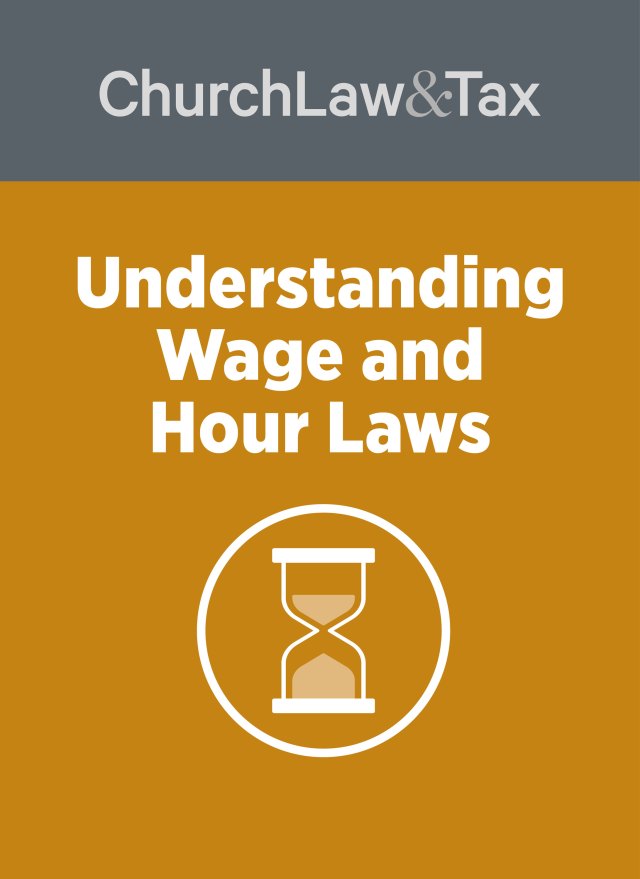Key point 6-08. State and federal laws provide limited immunity to uncompensated officers and directors of churches and other charities. This means that they cannot be personally liable for their ordinary negligence. However, such laws contain some exceptions. For example, officers and directors may be personally liable for their gross negligence or their willful or wanton misconduct.
Church Officers, Directors, and Trustees
* An Illinois court ruled that the directors of a public charity could not be liable for the dismissal of an employee because they were protected by a state "charitable immunity" law that provided limited immunity to the uncompensated officers and directors of nonprofit corporations. A woman ("Carol") was employed as the executive director of a public charity for several years until she was dismissed. Carol alleged that she had been dismissed because she raised questions about irregularities and possible unlawful uses of government grants by certain officials of the charity. She sued the charity and its board of directors claiming that she had been dismissed in retaliation for exercising her right to free speech in violation of the first amendment. The charity’s board of directors claimed that they were immune from liability on the basis of the following provision in the state nonprofit corporation law: "No director or officer serving without compensation, other than reimbursement for actual expenses, of a corporation organized under this Act … and exempt, or qualified for exemption, from taxation pursuant to section 501(c) of the Internal Revenue Code … shall be liable, and no cause of action may be brought, for damages resulting from the exercise of judgment or discretion in connection with the duties or responsibilities of such director or officer unless the act or omission involved willful or wanton conduct." The court summarized this section as follows: "In order for a director to be immune from liability under the Act, he or she must be unpaid, the corporation must be organized under the Not for Profit Corporation Act, the corporation must be tax exempt under federal law, and the director’s conduct must not be willful or wanton." The court noted that "willful or wanton conduct" means "a course of action which shows an actual or deliberate intention to cause harm or which, if not intentional, shows an utter indifference to or conscious disregard for the safety of others or their property."
The court noted that the directors in this case were not paid for their services on behalf of the charity, that the charity was organized under the Illinois Not for Profit Corporation Act, and that the Association was tax exempt. In addition, Carol failed to produce any evidence that any of the board’s actions amounted to "willful or wanton" conduct. As a result, the court concluded that the board members were properly dismissed from the lawsuit.
Application. This case illustrates the following points:
1. Every state nonprofit corporation law provides "limited immunity" to the officers and directors of nonprofit corporations. While these laws apply to church board members, there are a number of conditions that must be understood: (1) only uncompensated officers and directors are protected; (2) the church must be exempt from federal income tax; (3) the officers and directors are not guilty of willful or wanton misconduct. In other words, these statutes only protect against ordinary negligence. Congress enacted a federal law a few years ago (the Volunteer Protection Act) that offers the same protection as a matter of federal law. It protects the board members of churches that are not incorporated under state nonprofit corporation law.
2. State laws providing limited immunity to uncompensated officers and directors of nonprofit organizations may protect board members against lawsuits by former employees alleging wrongful termination, so long as the board members’ actions were not willful or wanton. Spencer v. Illinois Community Action Association, 164 F.Supp.2d 1056 (C.D. Ill. 2001).
© Copyright 2002 by Church Law & Tax Report. All rights reserved. This publication is designed to provide accurate and authoritative information in regard to the subject matter covered. It is provided with the understanding that the publisher is not engaged in rendering legal, accounting, or other professional service. If legal advice or other expert assistance is required, the services of a competent professional person should be sought. Church Law & Tax Report, PO Box 1098, Matthews, NC 28106. Reference Code: m56 c0502




